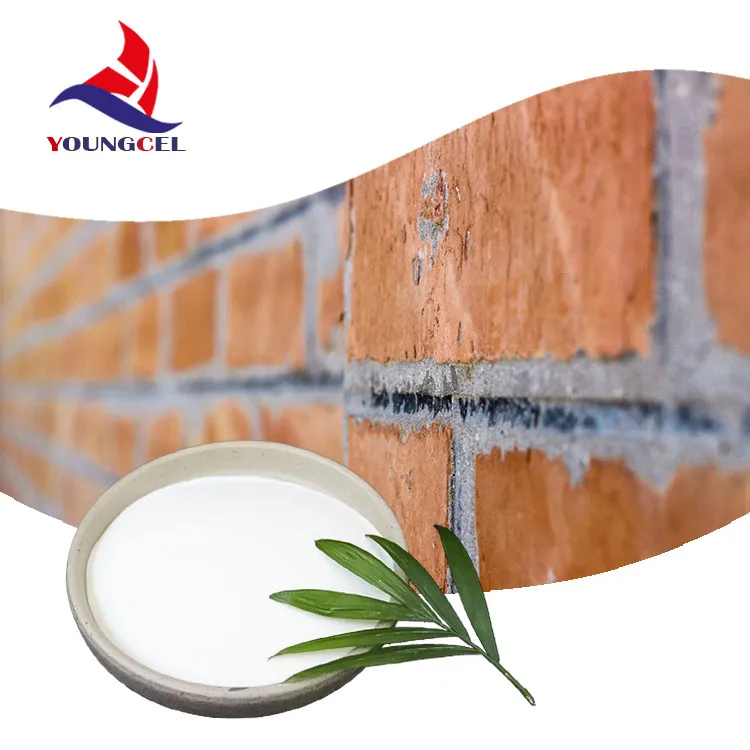The Rise of Additive Powders A Revolution in Food Technology
In recent years, the food industry has undergone significant changes, driven by evolving consumer preferences, health concerns, and technological advancements. One of the most notable developments in this arena is the emergence of additive powders. These powders, which include flavor enhancers, thickeners, preservatives, and nutritional supplements, are transforming how we think about food production and consumption.
Understanding Additive Powders
Additive powders are concentrated forms of natural or synthetic substances that serve specific purposes in food products. They are designed to enhance flavor, texture, appearance, and shelf life while also providing essential nutrients. For instance, protein powders derived from whey or plant sources have become popular in health-conscious markets, catering to consumers looking to improve their fitness and dietary intake.
One of the key advantages of additive powders is their convenience. They can be easily incorporated into a wide range of products, from snacks to beverages, without significantly altering the manufacturing process. This versatility allows for the creation of innovative food items that cater to diverse dietary needs, including vegan, gluten-free, and low-sugar options.
The Role of Additive Powders in Food Preservation
Food preservation is one of the foundational roles of additive powders. Ingredients such as sorbates and sulfites are commonly used to extend the shelf life of perishables by inhibiting microbial growth. This not only reduces food waste but also allows consumers to enjoy products that remain safe and palatable for longer periods.
Moreover, with the rise of convenience foods and ready-to-eat meals, the use of additive powders to maintain freshness and flavor has never been more critical. They ensure that products retain their quality from production to consumption, meeting consumer expectations in today's fast-paced society.
Flavor Enhancement and Innovation
Flavor enhancement is another significant application of additive powders. Ingredients like monosodium glutamate (MSG) and natural flavor enhancers such as yeast extract boost taste and appeal, allowing manufacturers to create vibrant and satisfying flavor profiles. This is especially valuable in processed foods, where maintaining a desirable taste can be a challenge.
additive powder

Furthermore, innovation in additive powders has led to the development of novel flavors and combinations that captivate consumers. Food scientists and culinary experts are constantly experimenting with unique blends, resulting in exciting new products that stimulate the senses and redefine culinary experiences.
Health and Nutritional Benefits
As public awareness of health and nutrition grows, so does the demand for foods fortified with essential vitamins and minerals. Additive powders are at the forefront of this trend, offering an efficient means of incorporating nutrients into everyday foods. For example, many breakfast cereals are enriched with iron, folic acid, and vitamins, addressing specific dietary deficiencies prevalent in various populations.
Additionally, the rise of dietary supplements in powdered form has provided consumers with alternative ways to meet their nutritional needs. Plant-based protein powders, fiber supplements, and superfood powders like spirulina or matcha offer added health benefits that align with modern dietary trends. These products cater to the increasing demand for functional foods that not only taste good but also promote better health and well-being.
Challenges and Considerations
Despite their numerous benefits, the widespread use of additive powders is not without challenges. Concerns regarding the long-term effects of artificial additives on health have led to increased scrutiny and regulation in many countries. Consumers are becoming more educated about food ingredients, often seeking transparency and cleaner labels without synthetic substances.
Manufacturers must navigate these challenges by balancing innovation with health-conscious practices. The trend toward natural and organic additives is gaining momentum, prompting companies to explore alternatives that align with consumer values.
Conclusion
Additive powders are revolutionizing the food industry by enhancing flavor, extending shelf life, and providing essential nutrients. As consumer preferences continue to evolve, the demand for these versatile ingredients is expected to grow. However, manufacturers must remain attentive to health concerns and strive for transparency in their ingredient sourcing. The future of food lies in the ability to innovate responsibly, ensuring that additive powders contribute positively to both the culinary world and consumer health. As we move forward, the integration of additive powders into our diets will undoubtedly shape the landscape of modern food technology.
-
The Application and Significance of Construction RdpNewsMay.19,2025
-
Industrial Grade HpmcNewsMay.19,2025
-
Building Coating Adhesive Building Coating Adhesive HpmcNewsMay.19,2025
-
Application Of Hpmc For Detergent For Detergent In DetergentsNewsMay.19,2025
-
Application Of Hpmc Cellulose In Cement-Based MaterialsNewsMay.19,2025
-
Application Of High Quality Hpmc For Construction In The Field Of ConstructionNewsMay.19,2025




